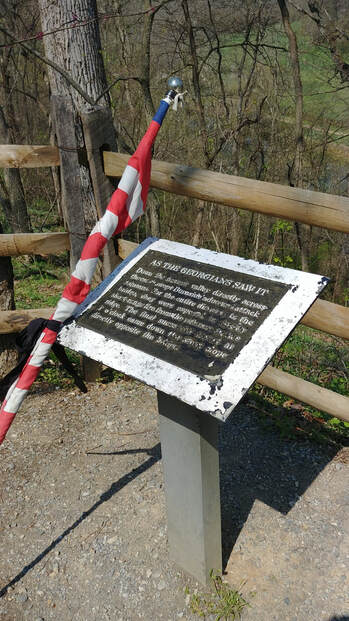 Johnny Reb and Gus Yank Somewhere: Batteries
Johnny Reb and Gus Yank Somewhere: Batteries
“… Get overlooked.”
“Say more Reb.”
“It’s how Burnside did things.”
“Always with Lee in mind.”
“Yes.”
“An example.”
“Burnside had two batteries he didn’t use.”
“A battery can fire a thousand rounds.”
“So times two Gus.”
“Two thousands rounds.”
“The ones not used were the 3rd US Artillery, batteries L and M.”
“Burnside’s old unit.”
“When he was in Mexico.”
“And not used all day Johnny, means the afternoon too?”
“The report says, ‘not engaged at Antietam.’”
“Manure.”
“And yet.”
“And yet what?”
“The captain in charge of the Yank batteries was cited for ‘gallant and meritorious service at Antietam.’”
“For not firing?”
“Maybe he helped the wounded.”
“Maybe …”
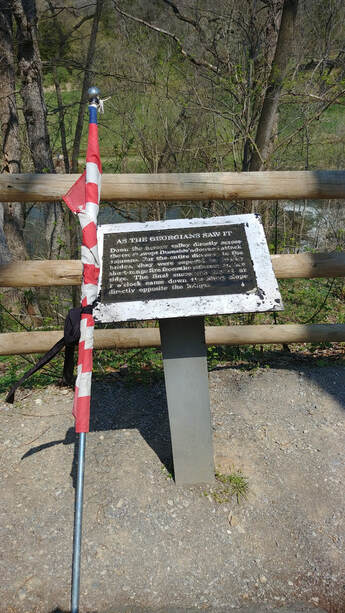 Johnny Reb and Gus Yank Somewhere: Fordable
Johnny Reb and Gus Yank Somewhere: Fordable “… So there’s the Antietam.”
“It was fall not spring.”
“More leaves.”
“One of the assaults on the bridge formed down there.”
“Is that an old road Reb?”
“Rohrersville.”
“I imagine it led to Rohrersville.”
“And to Sharpsburg, crossing the Rohrbach Bridge, now called Burnside’s.”
“Germans: Rohrersville and Rohrbach.”
“Yes.”
“What did the Georgians say about the crick?”
“Fordable above and below the bridge.”
“But the Yanks thought otherwise.”
“At all hazards.”
“I imagine Burnside didn’t want to know, didn’t want a different answer.”
“Fait accompli.”
“There were friendlies around, Unionists, and Burnside’s a talker, he could have easily asked a local.”
“Had the answer he wanted.”
“Burnside and the Ninth Corps were in North Carolina, in the swamps.”
“Spring of 1862: Pamlico Sound and New Bern.”
“So what matters a few feet of fresh water Johnny?”
“Preaching to the choir.”
“Let’s go down there.”
“Let’s …”
Next Up: 29 March and part III of the series Johnny Reb and Gus Yank Somewhere: Choir.
Posted by Bryan W. Brickner
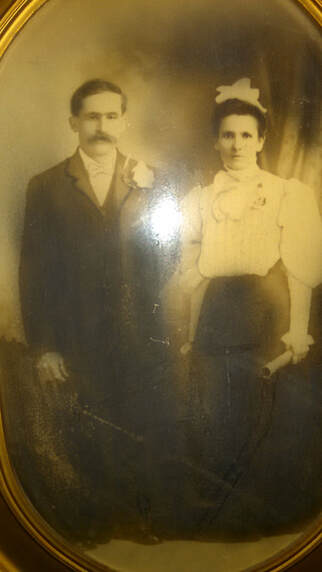


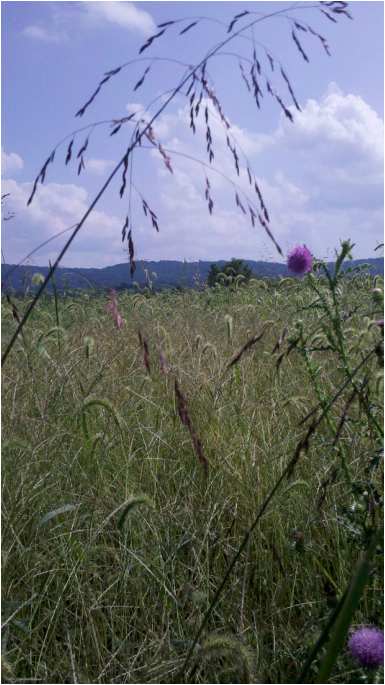
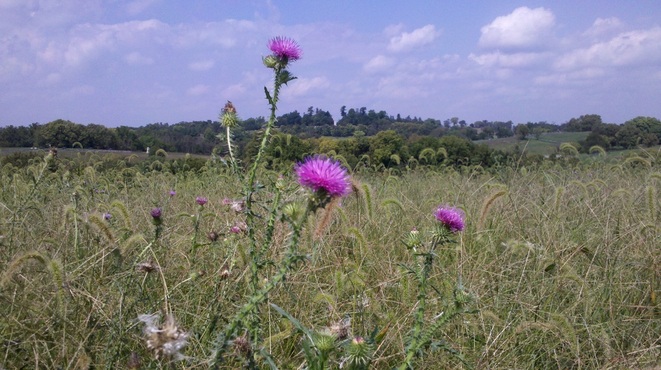


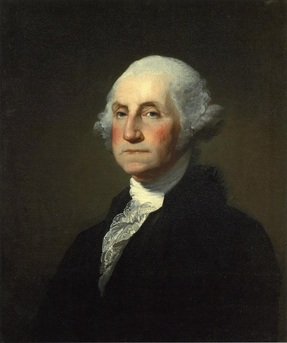




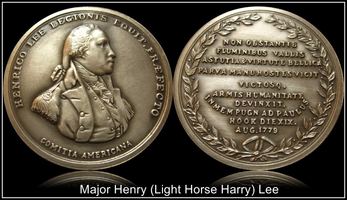
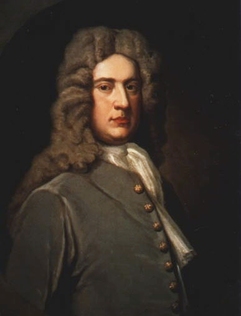
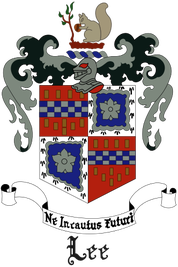
 RSS Feed
RSS Feed
